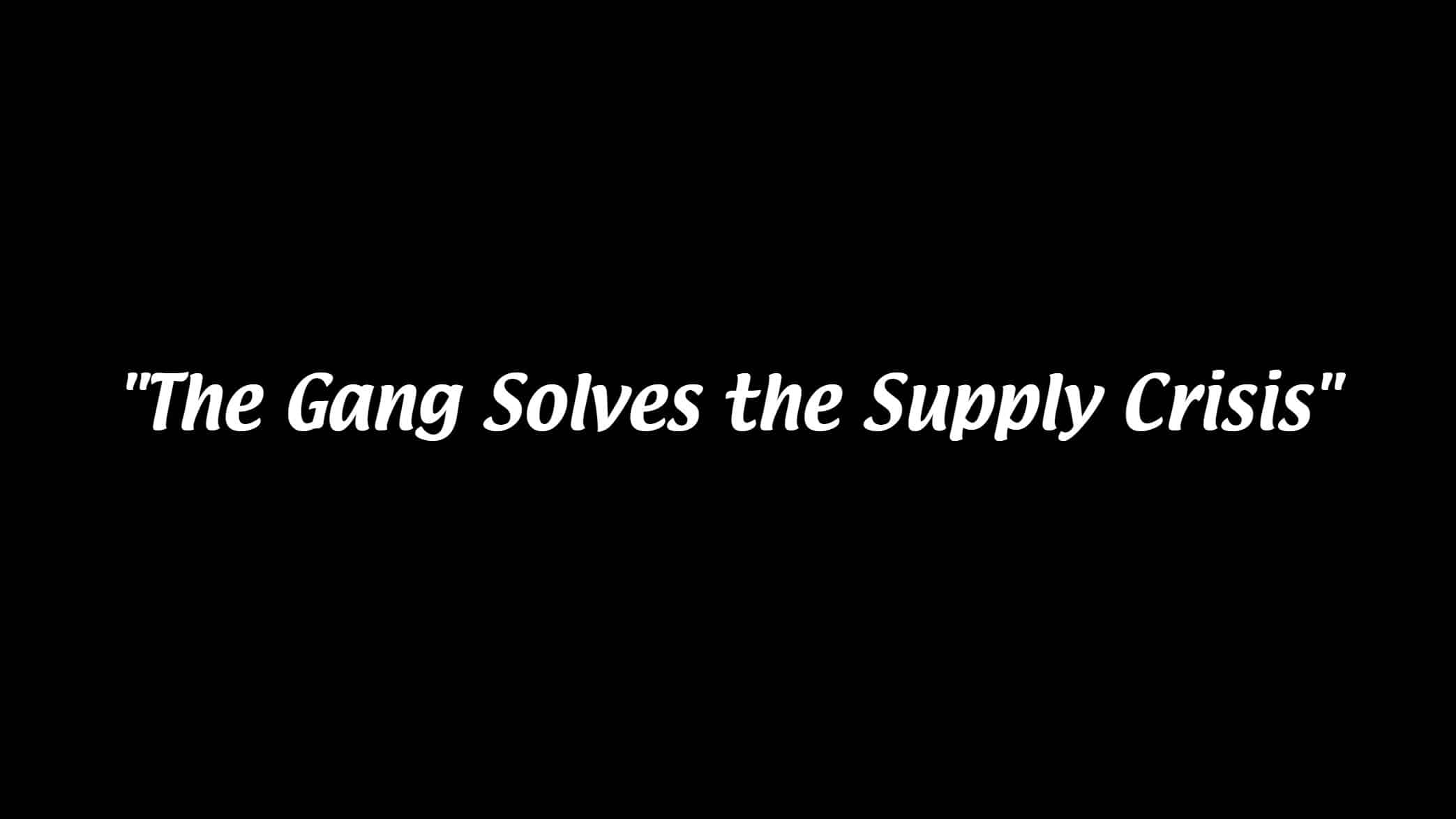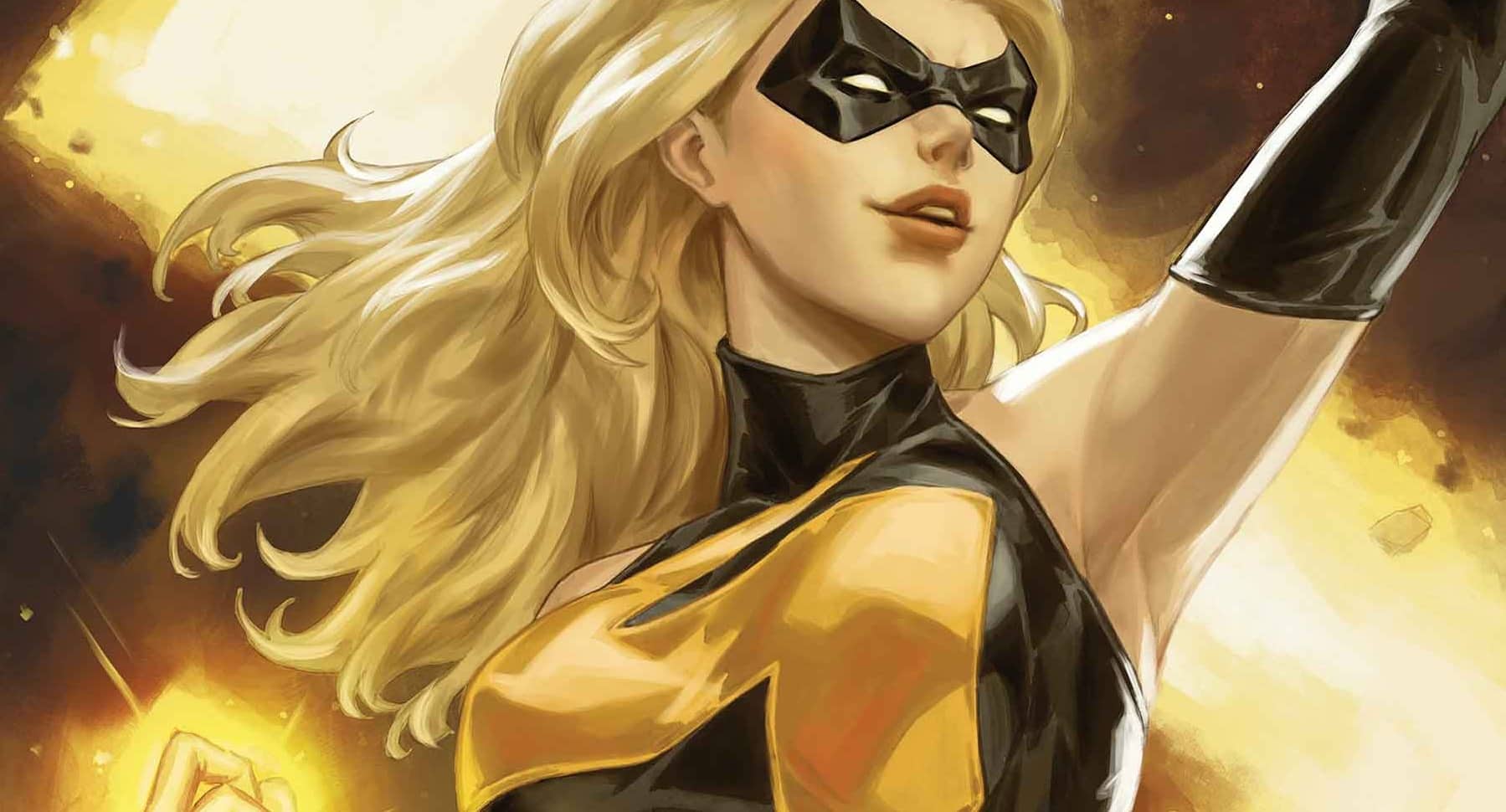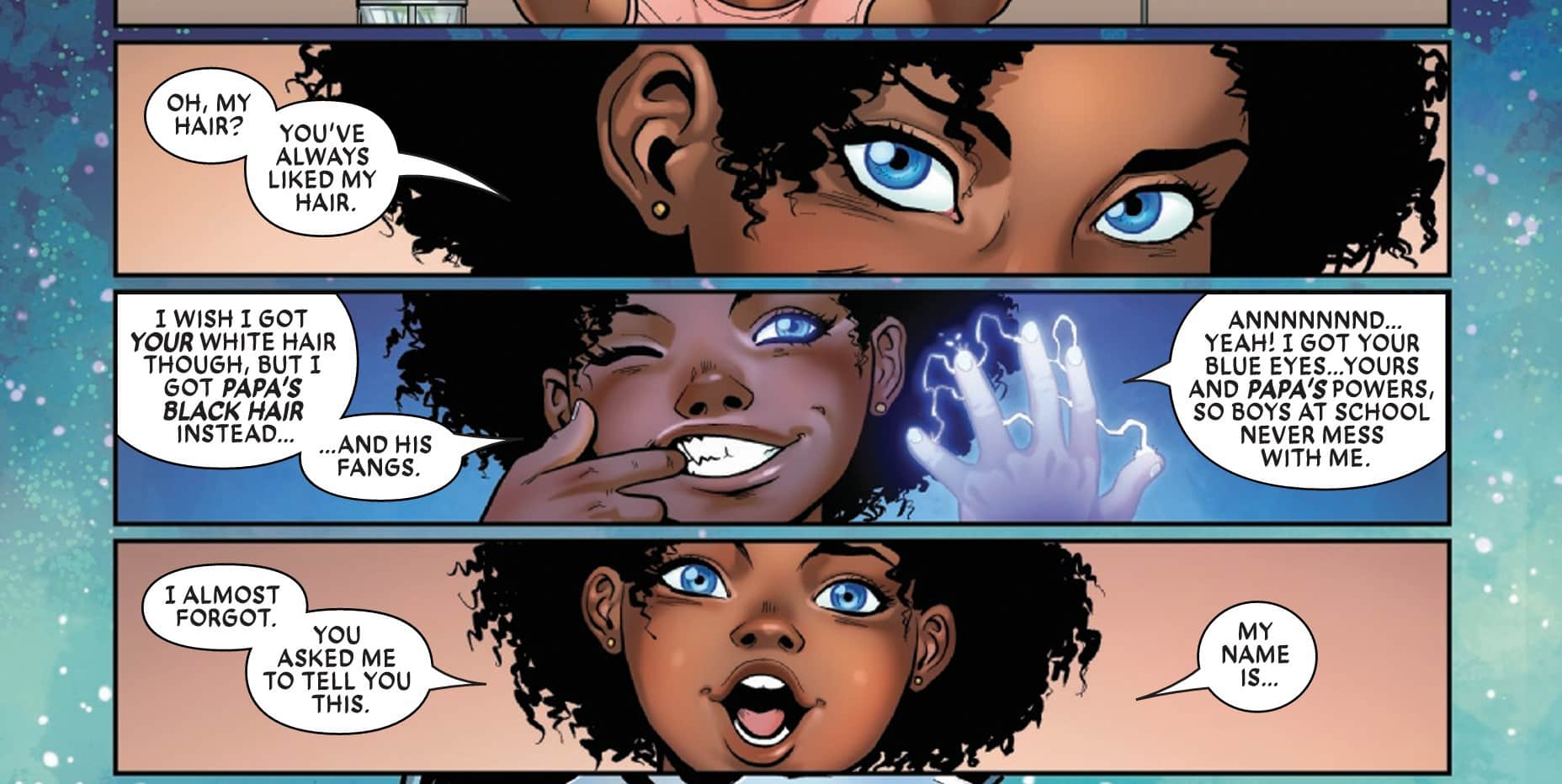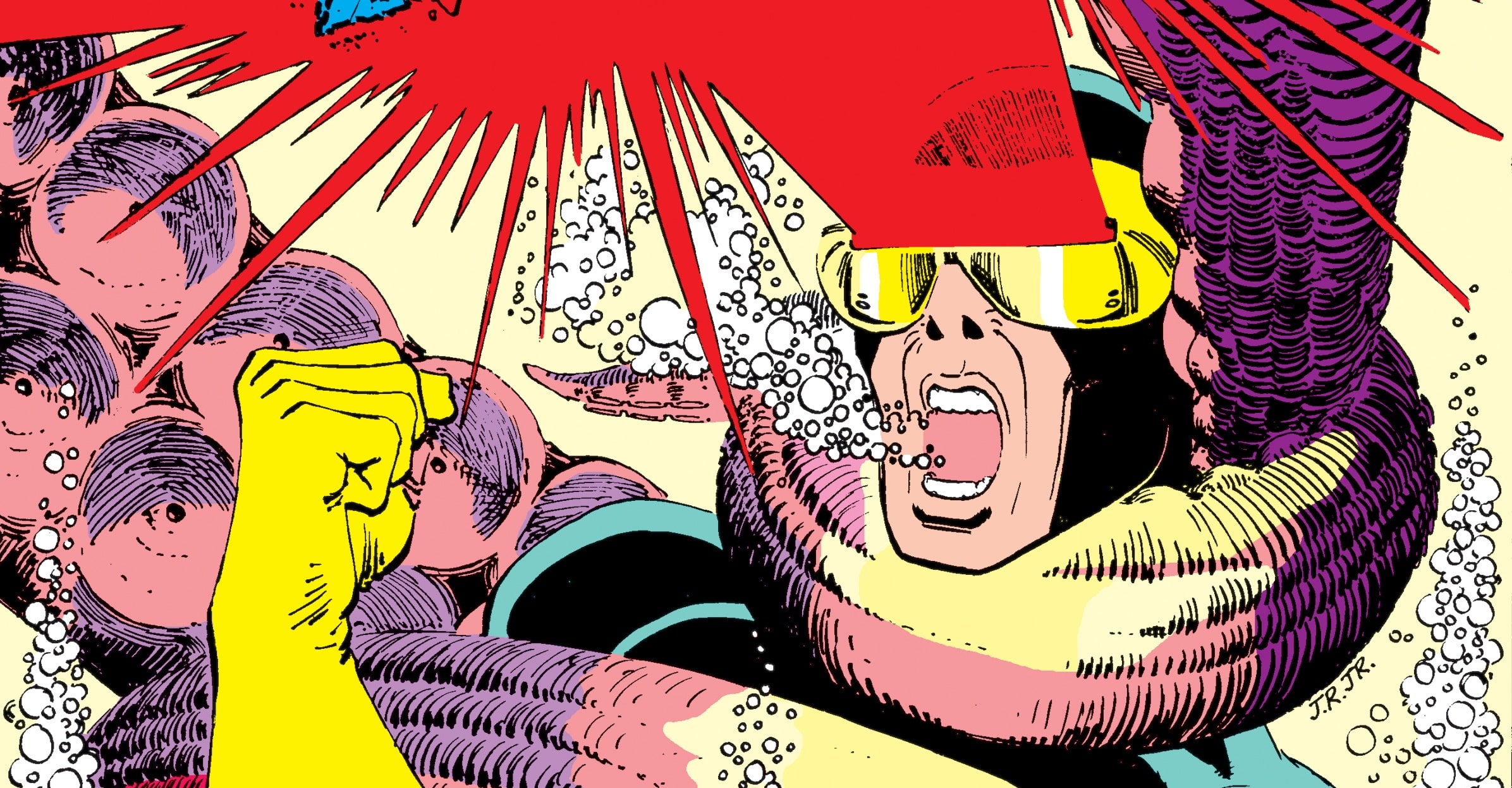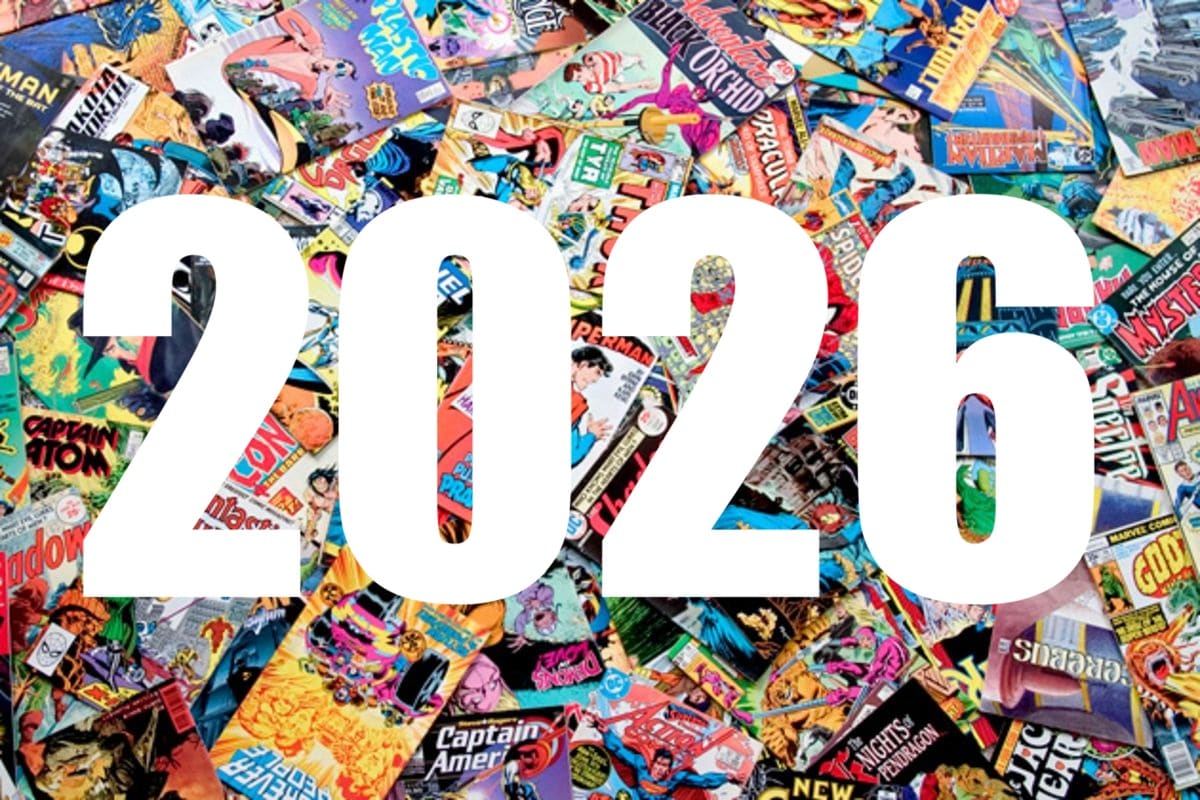I first noticed something was off when my comic shop went a few weeks without getting in new backing boards. Oh, well, no big deal, I’ll catch up when they’re restocked.
Then a book here and there was delayed. Hey, it happens. Maybe the artist needed a little more time. Can’t rush perfection.
Next thing you know, Marvel is putting out only seven new floppies in the middle of October, Bad Idea has announced it is skipping November entirely and Image is doing away with second printings, meaning if your shop sold out of, say, Chip Zdarsky and Jacob Phillips’ Newburn #1 last week, unless you had the foresight to add it to your pull list, that’s it, you’re boned. No Chip for you.
So what’s going on here? It’s not exactly Diamond shutdown 2.0, because new comics are still coming out, but due to a combination paper shortage and shipping/transport issues, the whole process is being slowed down, affecting everyone from major publishers to crowdfunding creators.
Central to this issue is a paper shortage affecting not just comics but gift wrap, greeting cards, paperback books and the ever-popular toilet tissue. The COVID-19 pandemic created labor shortages at mills, which means less wood pulp is being processed into paper, which means paper gets more scarce and more expensive (Prices were up 50% in August over the previous year), which means Spawn #323 is a week late.
Transportation also is an issue. Most American comics are printed in North America, which takes shipping out of the equation — blessedly so, as a bottleneck at major U.S. ports is compounding problems for other industries — but when you factor in a shortage of truckers created by the pandemic, which put licensing on pause and led to a flood of retirements, you see how it gets even harder to get your books from the printer to the distributor warehouse to the comic shop to that pile that sits on top of your longbox.
The shortages and delays are not an October surprise. DC told retailers in August it was delaying a number of titles, shifting release dates as far ahead as January in a bid to mitigate the issue. Marvel also has acknowledged rescheduling some books to accommodate its printers.
Other publishers appear to be OK for the moment. In a statement to ComicsXF, Vault Publisher Damian Wassel said: “So far, Vault has managed to navigate the supply chain squeeze without much in the way of adverse consequences. This is one of those rare occasions when it helps to be of an intermediate size — just big enough that people want your orders, still lean enough that they have the supplies to fill them.”
Ultimately, Wassel said, “we’ll keep adapting day to day.”
That’s the big guy and the middle guy, but what about the little guy?
Among the folks who have expressed frustration with the current printing situation are Kickstarter creators — those whose projects are fully funded but now can’t get those books into readers’ hands, through no fault of their own.
Writer Mario Candelaria is helping to produce a few Kickstarter anthologies at the moment, in addition to wrapping his own KS comic, Fog Line, and sees these problems coming down the pike for him real quick. When supplies get scarce, he said, “suppliers will prioritize larger-volume clients over smaller, single-batch contracts such as a one-shot book.”
“That delay makes sense from their business standpoint, but it affects my bottom line in a very real and unforeseen way as I am unable to meet timelines that we hoped to have everything in customers’ hands,” Candelaria told ComicsXF. “And at this stage of my career, being unable to meet that target can be a blemish for future projects, as I might be seen as unreliable for something completely outside of my control.”
Oriana Leckert, director of publishing and comics outreach for Kickstarter, said the supply-chain disruptions “are absolutely impacting Kickstarter creators, causing fulfillment delays for projects already underway and leading to altered timelines for upcoming campaigns.”
Her advice to creators finding themselves in this predicament: “We’ve been encouraging creators to anticipate delays when making their timelines, to build in extra time when setting fulfillment expectations, and to over-communicate with their backers about the challenges they’re facing. Kickstarter backers are, by and large, compassionate and understanding about these sorts of delays that are way outside of creators’ control, particularly when creators demonstrate transparency and good intentions.”
And if you think printing comics in this economy is rough, imagine trying to put out comics AND records. Matthew Rosenberg and Tyler Boss announced their upcoming Image series, What’s the Furthest Place from Here?, at Image Expo in 2018. And while the series’ extended journey to the comic shop has nothing to do with the current supply delays, Rosenberg has had to navigate those waters in planning the release of 7-inch records to accompany the deluxe editions of each issue.
“Pre-pandemic you could often get records made in a little over two months,” Rosenberg told ComicsXF. “When we started working on getting the records together for the deluxe edition of What’s the Furthest Place from Here?, the average production time had swelled to about 4-5 months. As we worked on it, that number went up and up, meaning we have had to switch pressing plants four times because they simply can’t hit our deadlines. Some places we reached out to were telling us 12 months, some told us they simply weren’t taking orders anymore because they didn’t feel comfortable taking people’s money without the ability to offer even a year-plus delivery date.
“What started as a fun project to do something cool, get new people into comic shops and raise some money for charity has swelled into tens of thousands of dollars and hundreds of hours of work. I’m very tired.”
So if you’re a comics fan who still prefers to read physically, what should you do here? Certainly, some corners of the fan community will jump out at this point and yell, “Just switch to digital already! You don’t need all those longboxes taking up space in your house!” before they go back to admiring their Criterion Blu-ray collection. But as long as digital sales only make up 12.5% of the industry, digital releases likely will continue to remain beholden to print dates, meaning a delay at the comic shop is a delay for comiXology.
If nothing else, it becomes more important to pre-order books through your local comic shop, to ensure what you want to read is there waiting for you on Wednesday. Is that still a weird, archaic and very niche thing that seemingly only comics make you do? Yes. Is it necessary if you don’t want to get screwed out of reading Saga when it comes back? Probably.
But for physical readers, right now, it’s the best we’ve got.
Dan Grote is the editor and publisher of ComicsXF, having won the site by ritual combat. By day, he’s a newspaper editor, and by night, he’s … also an editor. He co-hosts The ComicsXF Interview Podcast with Matt Lazorwitz. He lives in New Jersey with his wife, two kids and two miniature dachshunds, and his third, fictional son, Peter Paul Winston Wisdom. Follow him @danielpgrote.bsky.social.

